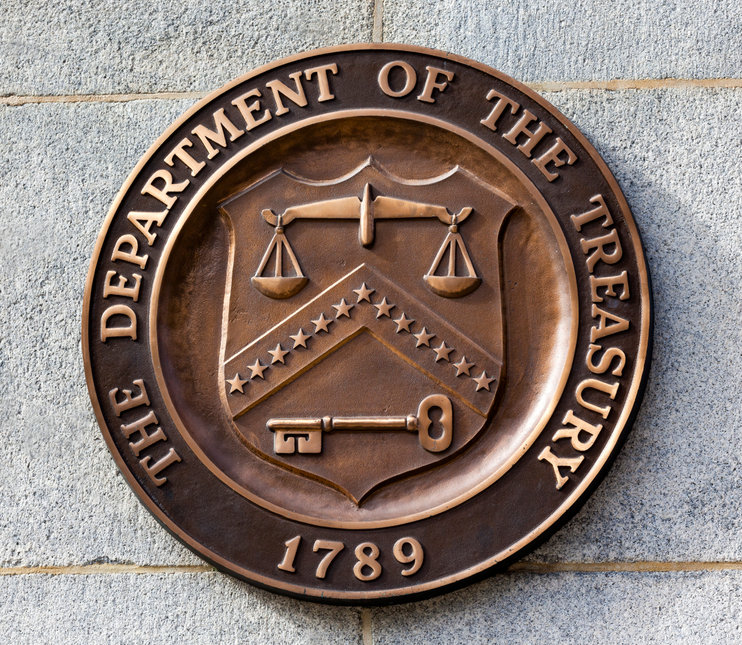Tesla said it expects to build about 1.8mn cars in 2023 and that it will focus on containing costs as it confronts “an uncertain macroeconomic environment”.
The update on Wednesday came as the electric vehicle company reported revenues of $24.3bn for the December quarter, up 37 per cent from last year, which was a record. Analysts had expected $24.2bn. Net income of $3.7bn was slightly ahead of forecasts for $3.6bn.
Tesla’s automotive gross margins, a closely watched figure for investors, were 25.9 per cent last quarter, down nearly 5 percentage points from a year ago. Investors expect the figure to continue falling this year.
Earlier this month Tesla slashed prices for its vehicles. On Wednesday it acknowledged its “average selling prices” have been on a downward trajectory for years but said that improving affordability “is necessary to become a multimillion vehicle producer”. It aims to boost margins by scaling production, introducing lower-cost models and making its factories more efficient.
Tesla warned that 2023 would feature “an uncertain macroeconomic environment”, citing “rising interest rates” as a particular challenge.
At the start of January the company underwhelmed investors after reporting it delivered 405,278 vehicles in the three-month period to the end of 2022 — falling short of forecasts for between 420,000 and 430,000. It was still an 11 per cent increase from the record it hit in the previous quarter.
Its goal of delivering 1.8mn vehicles this year compares with 1.3mn delivered in 2022, which would represent a rise of less than 40 per cent.
“Production and delivery challenges in 2022 were largely concentrated in China,” the company said. “Since our Shanghai factory has been successfully running near full capacity for several months, we do not expect meaningful sequential volume increases in the near term.”
Prior to the earnings report on Wednesday, Tesla shares were up by a third this month, thanks in part to the price cuts, designed to boost demand in the face of an economic slowdown and growing competition.
Tesla had its first full-year net profit in 2020, earning $721mn. Now, just two years later it has earned $12.56bn, more than the $10.5bn expected profit at General Motors or the $8bn expected at Ford, according to S&P Global Market Intelligence estimates.
But its market valuation of about $450bn remains well below its $1.2tn peak in 2021, as investors grow concerned about its ability to keep up a fast pace of growth. Chief executive Elon Musk’s $44bn acquisition of Twitter last year, meanwhile, has worried Tesla investors about whether he will be too distracted to steer the company through a challenging stretch.
Credit: Source link














